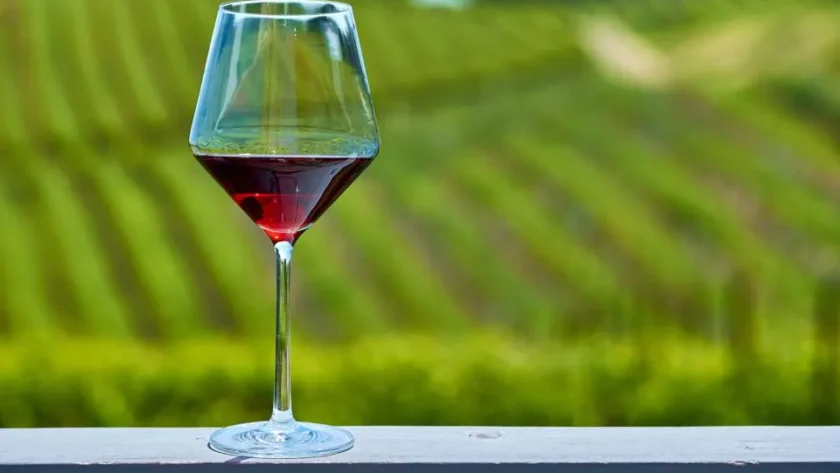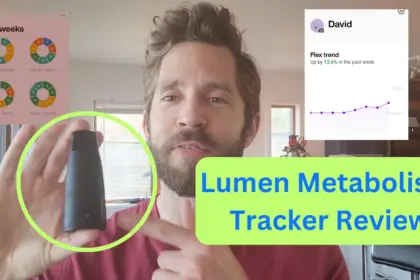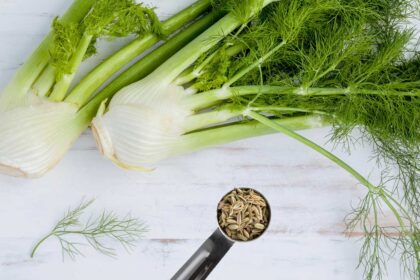Glyphosate, the active ingredient in Monsanto’s Roundup herbicide, is the most widely used agricultural chemical in history. It has been used on crops for over four decades, with 1.8 million tons applied to U.S. fields since its introduction in 1974. Glyphosate is used in a number of herbicides, but Roundup is the most widely used. Its usage has been so out of control that it has shown up in foods that have not been directly sprayed, including organic wine.
An anonymous supporter of the advocacy group Moms Across America sent 10 wine samples to be tested for glyphosate, and all of them tested positive for the chemical. Even organic wines, which should theoretically be free from glyphosate exposure as the chemical is not allowed in organic farming, were found to contain the chemical, though at significantly lower levels. The highest level detected was 18.74 parts per billion (ppb), which was found in a 2013 Cabernet Sauvignon from a conventional vineyard. This was more than 28 times higher than the other samples tested. The lowest level, 0.659 ppb, was found in a 2013 Syrah, which was produced by a biodynamic and organic vineyard. An organic wine made from 2012 mixed red wine grapes also tested positive for glyphosate at a level of 0.913 ppb.
Glyphosate isn’t sprayed directly onto grapes in vineyards, as it would kill the vines. Instead, it is often used to spray the ground on either side of the grape vines. As a result, a 2-to-4-foot strip of Roundup is sprayed on the soil with grapevines in the middle. According to Dr. Don Huber, the vine stems are inevitably sprayed in this process, and the Roundup is likely absorbed through the roots and bark of the vines from where it is translocated into the leaves and grapes. The contamination of organic wines is likely due to glyphosate drifting over onto the organic and biodynamic vineyards from conventional vineyards nearby. It is also possible that the contamination is the result of glyphosate that is left in the soil after a conventional farm converted to organic; the chemical may remain in the soil for more than 20 years.
A study by the Munich Environmental Institute found glyphosate residues in 14 best-selling German beers. All of the beers tested had glyphosate levels above the 0.1 microgram limit allowed in drinking water. Levels ranged from a high of 29.74 micrograms per liter found in a beer called Hasseroeder to a low of 0.46 micrograms per liter, which was found in the beer Augustiner. Although no tests have yet been conducted on American beer, it is likely to be contaminated with glyphosate as well. In fact, laboratory testing commissioned by Moms Across America and Sustainable Pulse revealed that glyphosate is now showing up virtually everywhere, including in blood and urine samples, breast milk, drinking water, and more.
Glyphosate is patented as an antibiotic and is designed to kill bacteria. This is one of the primary ways it harms both soils and human health. Recent research has even concluded that Roundup (and other pesticides) promotes antibiotic resistance. Scientist Anthony Samsel, Ph.D., discovered the patents showing glyphosate is a biocide and an antibiotic. A study in poultry found that the chemical destroys beneficial gut bacteria and promotes the spread of pathogenic bacteria. Chronic low-dose oral exposure to glyphosate is a disruption of the balance of gut microbes, leading to an over-representation of pathogenic bacteria and a corresponding decrease in beneficial bacteria. This can have severe health consequences.
Agricultural workers are at risk of exposure to glyphosate, as are people living in areas where the chemical is heavily used have had many health concerns.
Glyphosate exposure has been linked to a number of health concerns, including cancer. In 2015, the International Agency for Research on Cancer (IARC) classified glyphosate as a probable human carcinogen, sparking widespread concern and controversy. [10] The organization reviewed the scientific research and found that glyphosate caused cancer in lab animals and had strong evidence of DNA damage in human cells. It also found that people who were exposed to glyphosate on the job had an increased risk of developing non-Hodgkin lymphoma. Despite this, Monsanto has continued to insist that glyphosate is safe and has even gone so far as to claim that it’s “less toxic than table salt.” [11]
The widespread use of glyphosate is particularly concerning given that it’s showing up in so many unexpected places, from organic wine to German beer. It’s also present in many foods that we eat on a daily basis, such as oats, wheat, and soy. [12] This means that even if you’re eating a healthy diet, you may still be exposed to glyphosate on a regular basis.
To protect yourself from glyphosate exposure, it’s important to choose organic foods and beverages whenever possible. While it’s not a guarantee that you won’t be exposed to glyphosate, organic foods are much less likely to contain this chemical than conventionally grown foods. You can also support advocacy groups that are working to raise awareness about glyphosate and promote organic farming practices. Together, we can work to reduce our exposure to this harmful chemical and protect our health and the health of our planet.
In conclusion, glyphosate usage has become so pervasive that it’s showing up in unexpected places like organic wine and German beer. While the levels detected in these products are generally low, it’s still concerning given the potential health risks associated with this chemical. To protect ourselves and our environment, it’s important to choose organic foods whenever possible and support efforts to reduce glyphosate usage in agriculture.
One way to purify wine is:
Get an Ullo Wine Puriying Device by Clicking here.
Recommended Reading:





